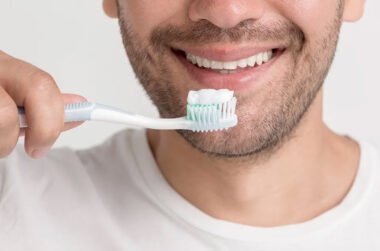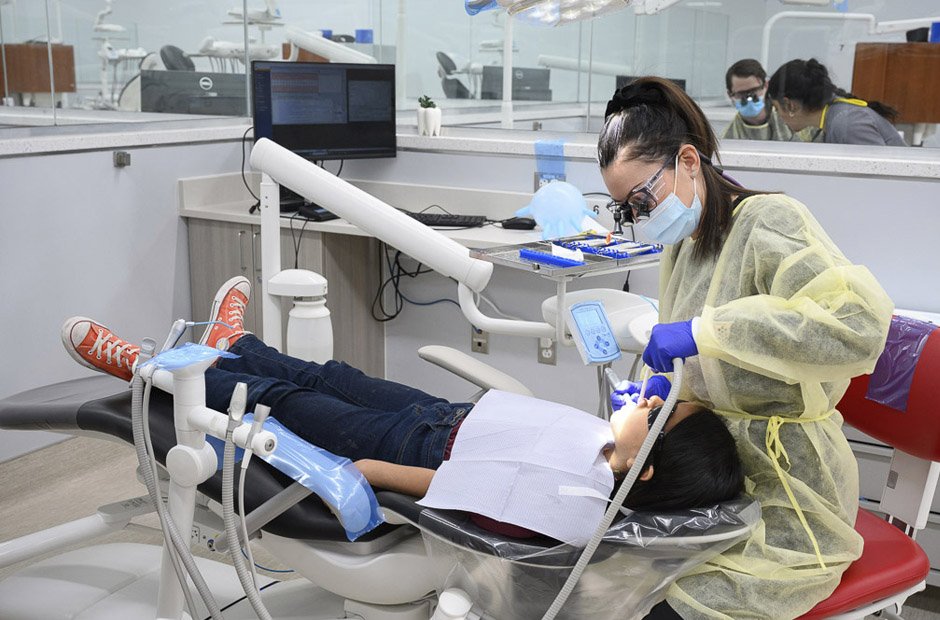Having good oral health is important for more than just looking good; it’s an important part of your general health. Preventive dental care promotes long-term tooth and gum health and saves money on costly procedures. Many tooth problems, like cavities, gum disease, and enamel erosion, can be avoided completely by following good dental hygiene habits and seeing a dentist regularly.
Regular Checkups Matter
Regular dental visits are one of the best methods to prevent dental issues. Professional cleanings and exams are needed to find plaque and tartar that daily brushing and flossing can’t reach. Plaque is a sticky bacterium film that can cause cavities and gum disease. Your dentist checks for early symptoms of oral infections, cavities, and oral cancer during exams. Early detection makes these illnesses easier to treat.
A constant engagement with a local dentist allows for personalised oral health treatment and advice, not just teeth cleaning. Regular visits offer early management, preventing serious consequences and costly therapies.
Daily Hygiene: Prevention’s Base
Professional treatment is necessary, but dental health is mostly maintained daily. At least twice a day, brush with fluoride toothpaste to remove plaque and bacteria. Fluoride cleans and strengthens tooth enamel, preventing decay.
Also important: flossing. Plaque and food particles hide between your teeth, even after brushing. This is where flossing can reach dirt that your toothbrush cannot. Hidden plaque can cause gum irritation, gingivitis, and gum disease if left uncontrolled.
Proper brushing and flossing help too. To protect your gums, brush for two minutes with a gentle toothbrush. Avoid gum irritation by gently sliding floss between teeth without snapping it.
Diet and Oral Health
Diet is also important for tooth health. Sugary and acidic foods and drinks erode enamel, fostering dangerous germs. Cavities and other dental issues can result. Avoiding sugary snacks, sodas, and acidic drinks like coffee and citrus juices will help keep teeth strong.
However, some nutrients strengthen and protect teeth. Cheese, yoghurt, and milk include calcium and other elements that strengthen enamel. Leafy greens, nuts, and crunchy fruits and vegetables increase saliva production, which cleans and neutralises acids. Water helps clean food particles and hydrates your mouth, so drink lots throughout the day.
Detecting Issues Early
Early dental disease detection is vital to averting more serious concerns. For instance, bleeding gums during brushing or flossing may indicate gingivitis. This condition can progress to gum disease and tooth loss if ignored. Bad breath, oral sensitivity, and tooth discolouration are further early warning symptoms. These may suggest cavities, poor enamel, or oral infections.
Avoiding more intrusive treatments requires early detection. If your dental health changes, see your dentist immediately. Regular dental checkups detect these abnormalities before they worsen.
Advanced Prevention Tools
Modern dental gadgets can boost your oral hygiene practice beyond brushing and flossing. Electric toothbrushes with timers and pressure sensors produce constant brushing movements and remove plaque better than manual brushes. Water flossers are ideal for people who struggle with flossing. These devices prevent gum disease by cleaning between teeth and along the gumline with a pulsing water stream.
Children and those at risk of tooth decay should receive fluoride and dental sealants for extra protection. Dental sealants prevent cavities in back teeth, where decay is more common, while fluoride strengthens enamel.
Lifestyle Choices Affecting Oral Health
Lifestyle choices also affect oral health. Dental decay, gum disease, and oral cancer are significantly associated to smoking and tobacco use. Quitting tobacco can greatly improve oral and general health. Drinking too much alcohol can dry out your mouth, lowering saliva production, which neutralises acids and washes away food particles. Staying hydrated and limiting alcohol intake are vital for oral health.
Stress also harms dental health. Stress can cause teeth grinding, which can damage tooth enamel and cause jaw pain. Stress-management practices like yoga and mindfulness can improve oral health.
Conclusion
Preventing dental issues requires proactive and persistent care. Maintaining good oral hygiene, getting frequent exams, managing your food, and adopting smart lifestyle choices helps prevent many dental diseases. Preventing disease is easier and cheaper than treating it, and daily efforts can pay off. These techniques will keep your smile healthy for years, whether you use advanced instruments, watch for early warning signals, or practise good hygiene.

















